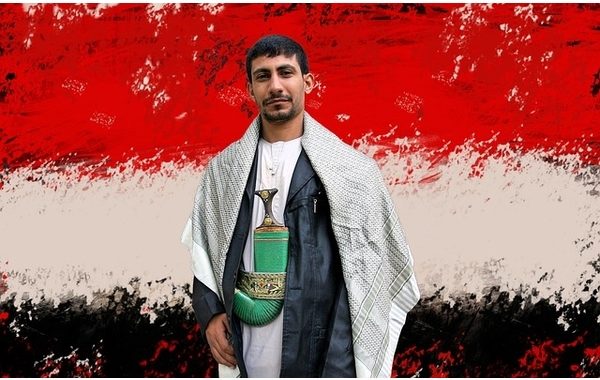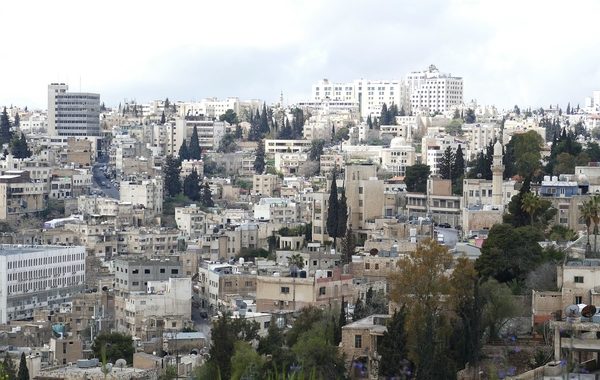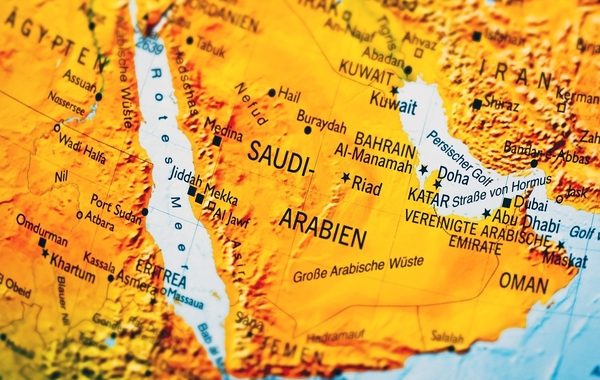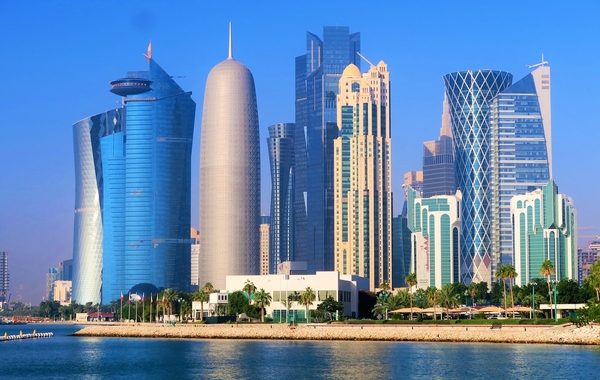The Yemen disaster continues. The Saudis and the Houthi representatives appear to agree to a ceasefire, but it this genuine? The Saudis say they support the remnant of the old Hadi government, which has retreated to the southern Yemeni city of Aden.
Meanwhile, the Houthis ask for relief from the bombardment of Hodeidah, their only effective port city. (I fondly recall swimming on the beach there and sampling the seafood in a shore dinner. But no more of this, probably ever, for me.)
The Houthis also want the airport at Sana’a to be opened, as opposed to the Hadi government desiring Aden to be the country’s main airport.
Are these disagreements resolved? i doubt it. The Saudis, under Mohammed bin Salman, seem to still want blood. And without the help of the Saudis, the Houthis, supported by Iran, will likely emerge.
The UN has stated that the famine in Yemen is the world’s worst in the last 100 years!
And the US has supported the continuation of this man-made disaster.




